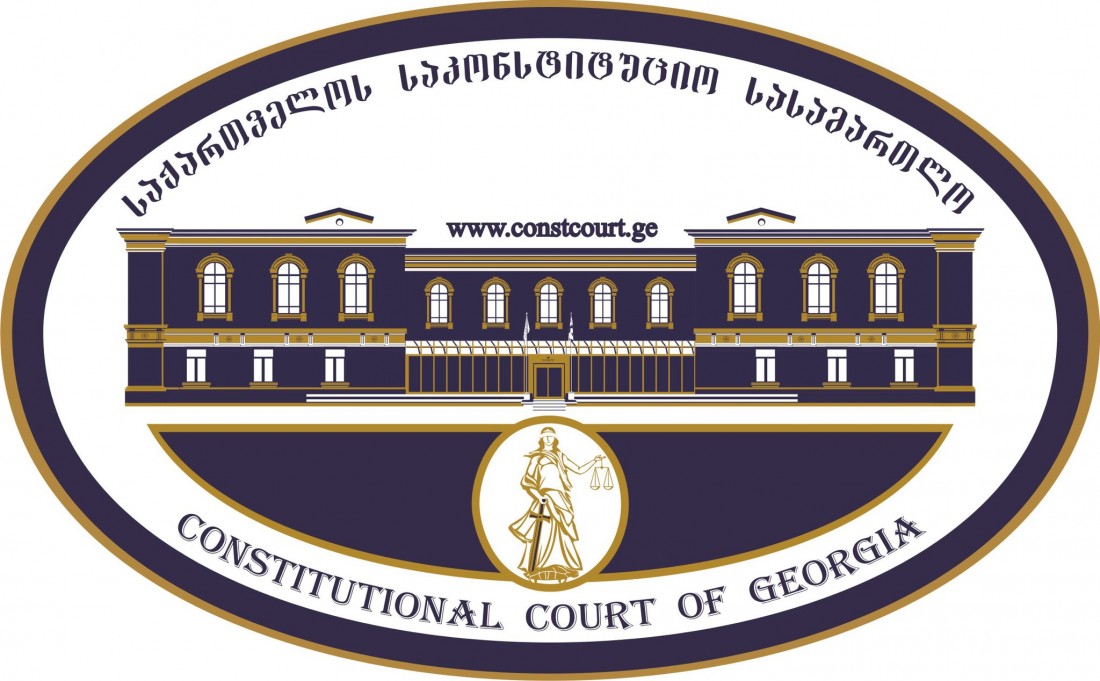


Today, the Georgian Young Lawyers' Association applied to the Constitutional Court on behalf of Irakli Khvadagiani. The appealed norms regulate the procedure for issuing public information belonging to the National Archival Fund and the established fees for receiving this information.
According to the disputed norms, the archive hatches/shades the information containing personal data and thus distributes this material to the interested person. The archive does not issue criminal case materials to the interested person at all, including in the hatched/shaded form [1]. According to the case-law of the Constitutional Court, in some cases, the secrecy of public information is justified to protect the privacy of a person; in other cases, the interest in disclosing the information is so high that the interest in protecting the privacy of a person takes second place. [2] The norms challenged by GYLA in the Constitutional Court, in all cases, give priority to the right to protection of private life, and for this reason, the information stored in the archives is kept secret, including when the information relates to a historical event of special importance or public activity of a historical figure.
The National Archives issue information about a deceased person for historical research unless that person prohibits giving information about them in writing during their lifetime. In this case, the problem is that to obtain such information from the archives, the historian must prove that the person is dead. Death is registered by the Service Development Agency. The latter has the ability to provide Archives with information about a person’s death. Consequently, it lacks any basis to impose an obligation on a history researcher to submit a death certificate. However, when a researcher requests public information from the National Archives, the information obtained is hatched/shaded and does not contain personal data; therefore, the researcher is deprived of the possibility to find out about the death of the person on whom they request information.
The disputed norms also set the fee for the services of the National Archives. In some cases, the fee for a document copy attributed to the National Fund is 100 times more expensive than the fee for requesting public information from another administrative body. For example, the cost of copying a document from any other administrative body is 5 tetri, while the cost of copying a 19th-century document in the National Archives is 5 GEL. GYLA considers that the unreasonably high fee is an unjustified barrier to access to public information and in some cases makes it impossible to exercise the constitutional right to receive information protected in a public institution. According to GYLA, it is inadmissible that the fee for making a copy of public information exceed the actual cost.
Based on the above, GYLA considers that the disputed norms contradict the right of access to public information protected by Article 18, Paragraph 2 of the Constitution of Georgia.
[1] Paragraph 4 of Article 22 of the Law of Georgia on the National Archival Fund and the National Archives. According to this norm, the 75-year barrier to the issuance of materials of criminal cases does not apply unless a shorter period of time is established between the National Archives and the persons directly affected by these materials.
[2] Judgment N3/1/752 of the Constitutional Court of Georgia of 14 December 2018 in the case of NNLE Green Alternative v. Parliament of Georgia, II-10;
ჯ. კახიძის #15, თბილისი, საქართველო, 0102 ; ტელ: (995 32) 95 23 53; ფაქსი: (995 32) 92 32 11; ელ-ფოსტა: gyla@gyla.ge; www.gyla.ge
15, J. Kakhidze str. 0102, Tbilisi, Georgia. Tel: (995 32) 95 23 53; Fax: (995 32) 92 32 11; E-mail: gyla@gyla.ge; www.gyla.ge